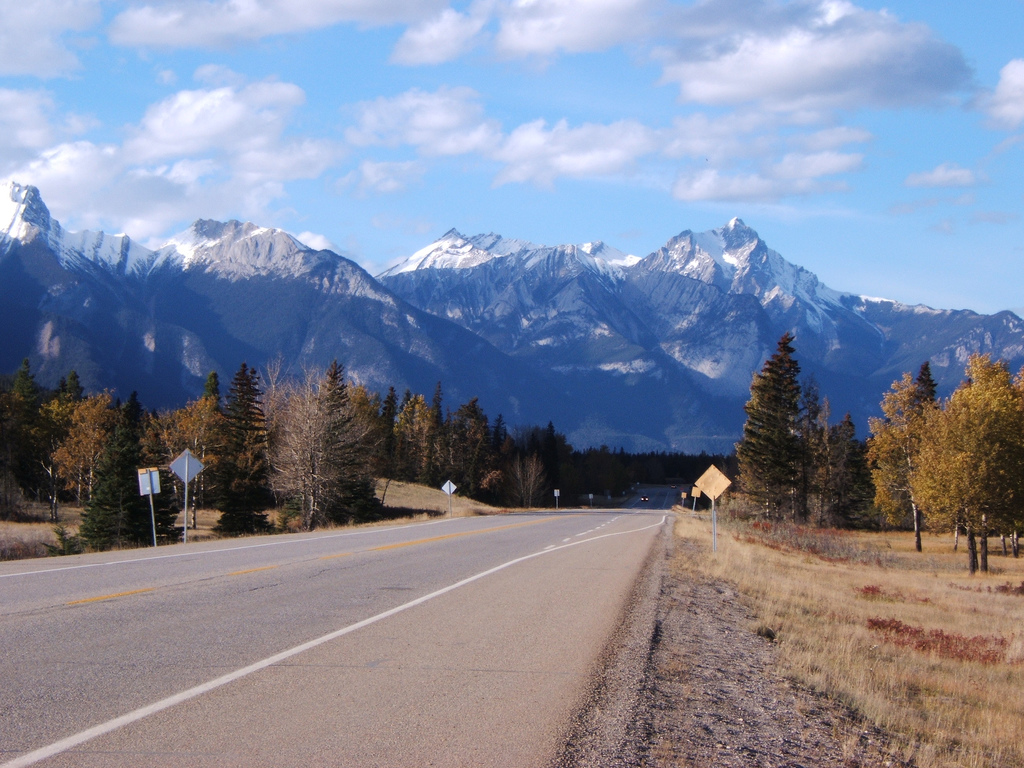Okay. Oh god. Here it goes.
My first published short story came out this February. It got some fantastic positive reactions out of the gate, and then a few weeks later this happened:
Sadly, “The Three Resurrections of Jessica Churchill” at Clarkesworld is not worth getting through the violent sexual assault in the middle.
— K Tempest Bradford (@tinytempest) February 20, 2015
A little disheartening to hear that my very first story was considered not worth reading, especially by someone for whom the political aspect of the story should be apparent. And also not great to have someone with a sizable following tell everyone that it’s not worth reading. But that’s neither here nor there. Not everything works for everyone.
But then someone retweeted a K. Tempest Bradford blog post “Portrayals of Rape in Fiction: An Exploration of Where It’s Done Wrong or Right and Why.” And I feel I should justify my choice to include a rape scene and defend how I did it. I don’t need to, but I want to. And it’s pretty simple:

My story is based on a real (and ongoing) epidemic of murders along Highway 16 in BC and Alberta. I grew up on this highway, always very aware of the danger it represented. One of my high school classmates was one of the victims. As we speak, an epidemic of serial killers is still preying on Aboriginal women in Canada (a situation that the government and the police still barely acknowledge). Writing about this but pulling a curtain over the violence would be dishonest.
2. I did it as briefly as I could.
The sexual assault and murder scene is 350 words. I focused on the sensory aspect and kept it matter of fact. No pretty language. Just get it done.
3. I gave the rapist/murderer nothing.
I hate it when movies/TV treat rapist and murderer characters like they’re interesting people. It’s fetishistic and disgusting. I’m not interested in adding to that. He gets nothing from me, and I specifically divested him of his humanity in one line, “He didn’t exist except as a medium for pain.”
4. It worked.
The story has received a strong response, especially from men. On the whole, their reactions could be summarized as, “That was harsh. Really disturbing, but effective. I get it.”
I call that a success and a good justification for writing something violent and awful.
Edited to add: Derek Newman-Stille nicely summarized the political aspects of the story on the Speculating Canada blog.
Also edited to reflect the fact that the blog post wasn’t new.
